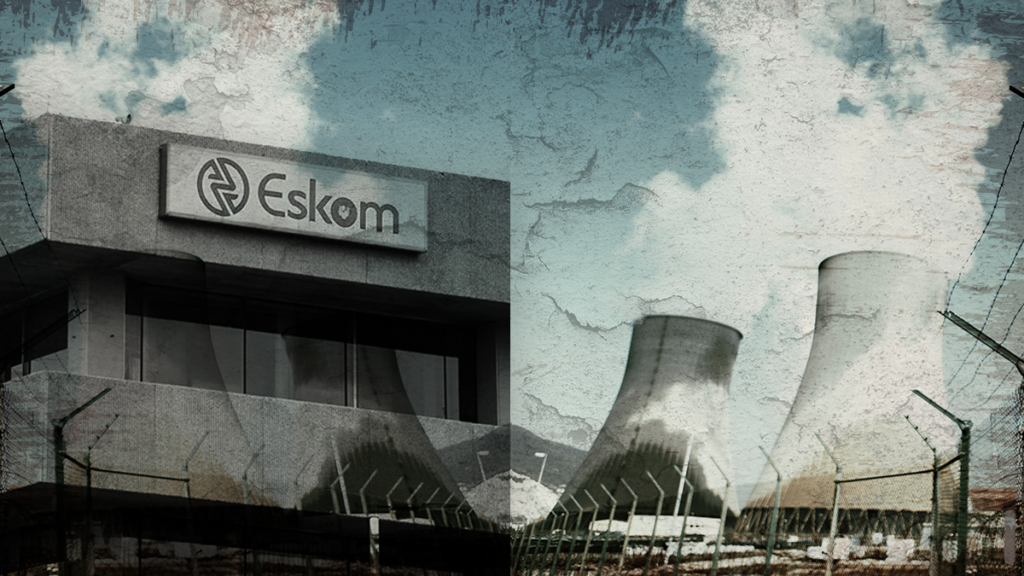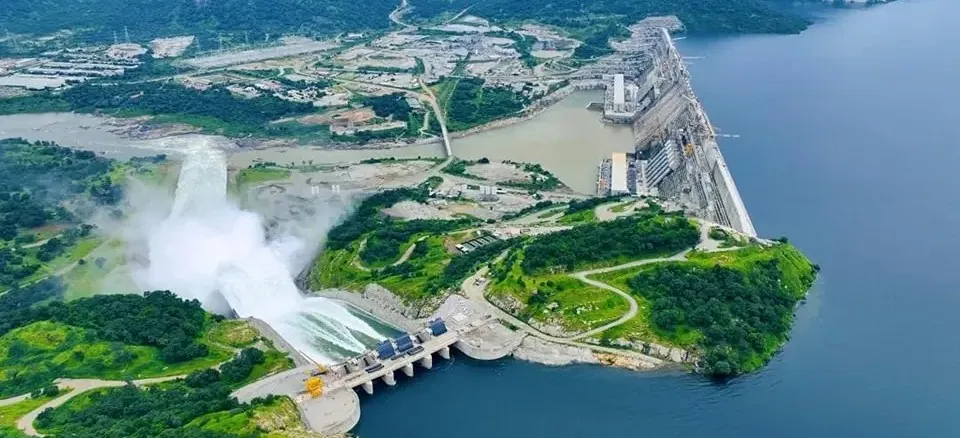Written By: Faith Jemosop
Africa Takes a Strategic Leap in Energy Cooperation
Algeria has officially inaugurated the headquarters of the African Energy Commission (AFREC) in its capital, Algiers. This event marks a significant milestone in Africa’s journey toward a more integrated, resilient, and sustainable energy future.
The new headquarters is not just a symbol of Algeria’s commitment to regional leadership, it also represents a bold shift in how African nations plan to shape their energy future collectively. It offers a centralized hub where policies, research, and strategies can converge to support the continent’s growing energy needs and transition to cleaner sources.
A Central Hub for Continental Energy Strategy
AFREC was established by the African Union (AU) with the mission to harmonize, coordinate, and promote energy development policies across the continent. With the completion of its physical headquarters, AFREC now has a dedicated nerve center to carry out its wide-ranging mandate, from energy data collection and policy research to capacity building and fostering cross-border energy infrastructure.
The timing of the inauguration couldn’t be more critical. As energy demand across Africa continues to grow, driven by rapid population growth, urbanization, and industrial development, AFREC will play a crucial role in ensuring this demand is met sustainably and equitably.
Tackling Africa’s Energy Access Gap
According to the International Energy Agency (IEA), more than 600 million people in sub-Saharan Africa still lack access to electricity. In many rural regions, energy poverty remains a major barrier to economic development, health services, and education. AFREC’s operationalization is a direct response to these challenges.
One of the commission’s core objectives is to support the expansion of reliable and affordable electricity across Africa, especially in underserved communities. Through data-driven policies, continental frameworks, and technical support, AFREC aims to close the access gap and improve energy equity.
Driving the Renewable Energy Transition
As global climate goals put pressure on nations to reduce carbon emissions, Africa faces a unique challenge and opportunity. The continent contributes just 3-4% of global greenhouse gas emissions, yet it is among the most vulnerable to climate impacts. For Africa, a renewable energy transition isn’t just an environmental goal, it’s a necessity for resilience.
AFREC’s headquarters will support the African Union’s Agenda 2063 and various renewable energy initiatives, including the Africa Renewable Energy Initiative (AREI) and the Programme for Infrastructure Development in Africa (PIDA). These programs aim to scale up clean energy projects such as solar, wind, hydro, and geothermal, resources in which Africa has vast potential.
A Boost for Regional Integration and Energy Markets
One of the most anticipated outcomes of AFREC’s expanded presence is the strengthening of regional power pools and cross-border energy trade. Many African countries operate in energy silos, with national grids that are often unstable or underdeveloped. Regional cooperation offers a path to more reliable and cost-efficient energy systems.
The Southern African Power Pool (SAPP), Eastern Africa Power Pool (EAPP), and others are examples of how collaboration can optimize energy use and balance supply and demand across borders. AFREC will now have the capacity to facilitate policy coordination and technical support for these integrations, helping African countries benefit from economies of scale and collective energy security.
Signal to Investors and Global Partners
The inauguration also sends a strong signal to international investors and development partners: Africa is serious about building a coordinated, future-ready energy system. The presence of a dedicated continental institution like AFREC creates an environment of predictability and collaboration, key elements for de-risking energy investments.
Algeria’s hosting of the AFREC headquarters underscores its strategic role as a bridge between North Africa and sub-Saharan Africa and reaffirms its leadership in African energy diplomacy. The country has long invested in both fossil fuel infrastructure and renewable energy development, and now positions itself at the heart of continental energy transformation.
Training, Research, and Capacity Building
Beyond policy and diplomacy, AFREC’s new base will also serve as a center for energy knowledge and human capital development. By offering training, research collaborations, and workshops, the commission will empower African energy professionals, governments, and institutions with the tools needed to manage modern energy systems.
From digital innovation in energy management to sustainable financing mechanisms, AFREC aims to ensure that Africa’s energy workforce and institutions are equipped for the rapid changes shaping global energy dynamics.
A Unified Vision for Energy Independence
Africa’s energy future cannot be built by any one country alone. It requires collective vision, strategic partnerships, and institutions that foster trust and integration. The inauguration of AFREC’s headquarters is a historic and hopeful step in this direction.
With a clear mandate and now a strong operational base, the African Energy Commission is poised to be a cornerstone in Africa’s path toward energy independence, sustainability, and economic transformation.
As the world watches how the continent responds to its energy challenges, AFREC’s rise is a timely reminder: Africa is not just participating in the global energy transition it is shaping its own.



